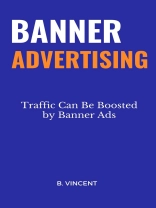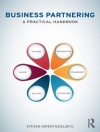Since its humble beginnings centuries ago, banner advertising has come a long way. That is correct… centuries 😉 If you flip through an old newspaper or magazine from the American colonial era, you’ll see rectangular banner advertisements marketing everything from beer to stockings, replete with a main image, carefully chosen brand colors, a slogan or unique selling proposition, and even a call-to-action! Of all, we’re not here to debate vintage print banner advertisements for fashionable powdered wigs or cutting-edge wooden dentures.
(but it’s worth noting how long the forerunners of today’s digital banner advertising have existed). We’re going to explore current digital banner advertising in all their beauty in this guide. To begin, what are they? What are banner advertisements? In essence, banner advertising are clickable, tappable pictures that encourage site visitors to purchase, learn about, or receive something in exchange for a click-through. These advertisements can appear everywhere and are frequently found within and around the content of many websites, including the header section of a forum page, the sidebar of a blog or news site, or even crammed in between the paragraphs of a news story. These banner advertisements come in a variety of shapes and sizes (usually variants on the trusty old rectangle) and can be static images (.jpg, .png, or.gif) or animated images (.gif or Flash). Recently, some firms have begun utilizing ‘Rich Media’ banner adverts that perform all sorts of bizarre things, such as zipping an automobile across the screen in front of the item you were reading. And these advertisements are not going away anytime soon. Banner ads continue to account for approximately 34% of all online advertising spending, second only to search engine marketing (SEM).
Therefore, they definitely work, as they have existed for hundreds of years and corporations spend a fortune on them each year. The question is whether you should employ them in your firm.












